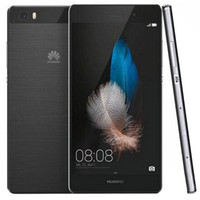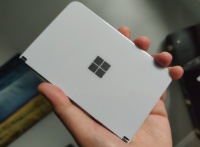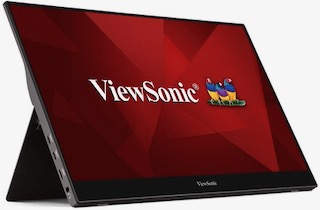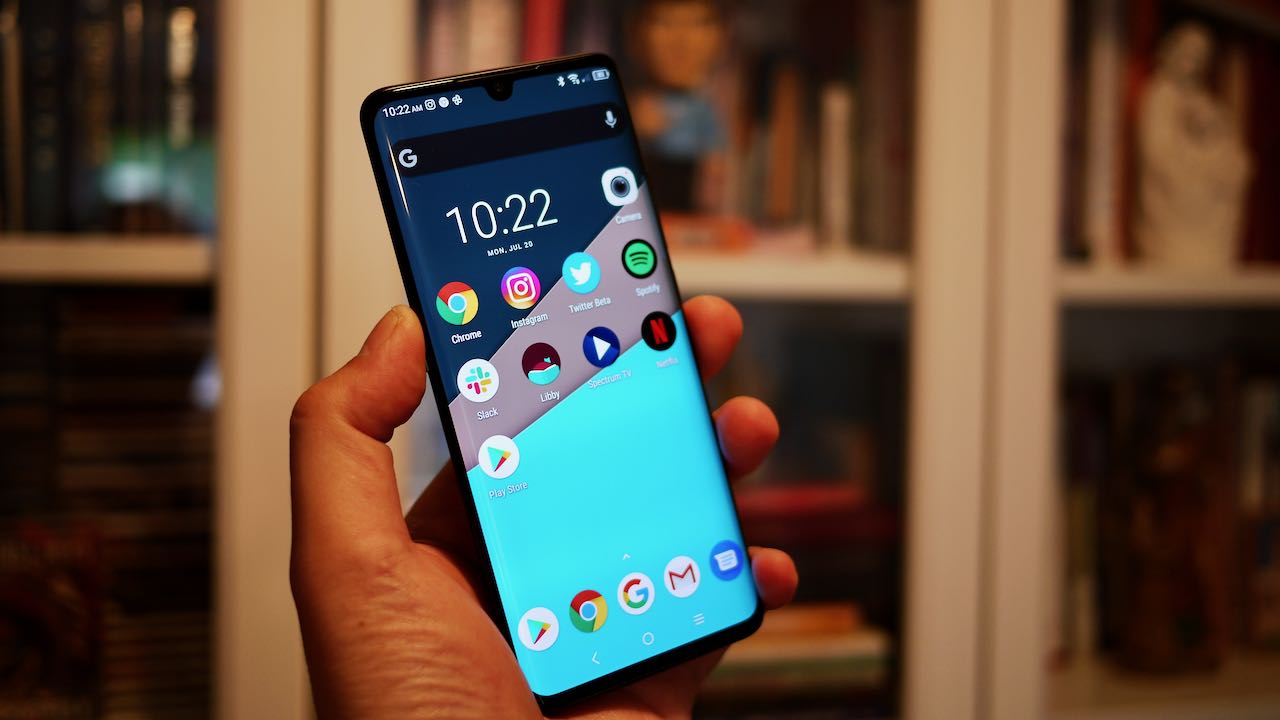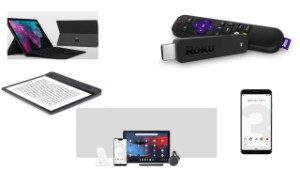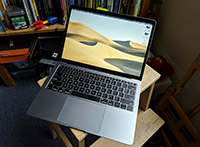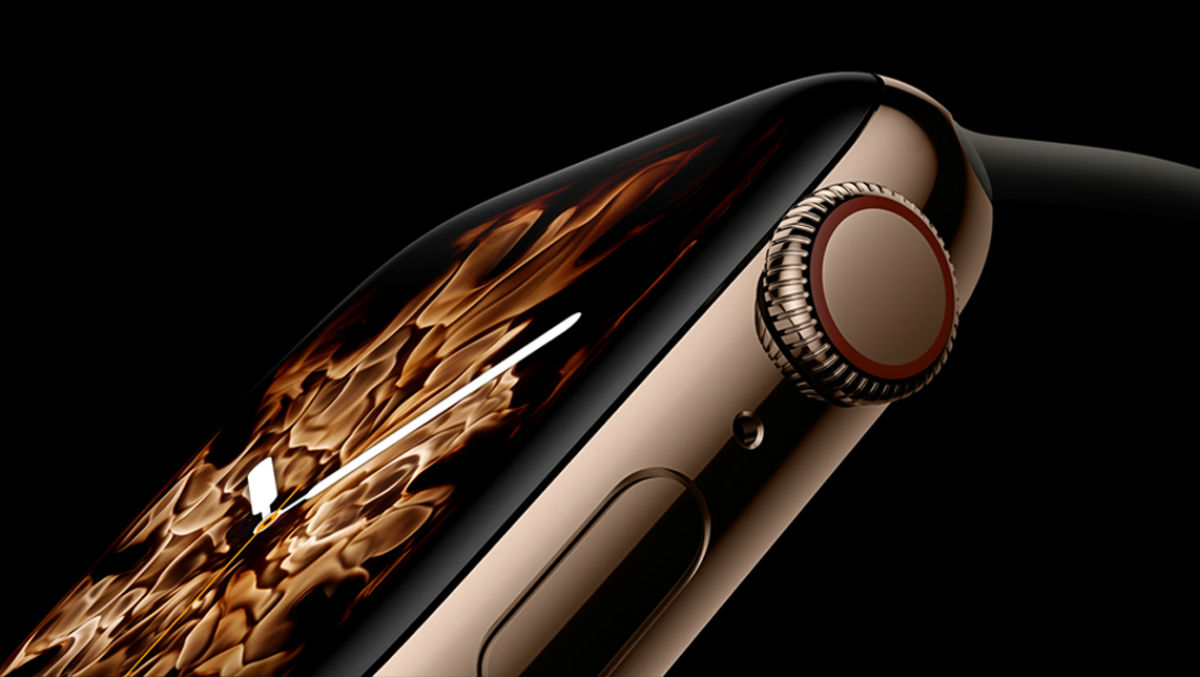Vancouver Film School selects HP Z Workstations with AMD FirePro professional graphics
 Monday, August 11, 2014 at 11:44AM
Monday, August 11, 2014 at 11:44AM 
HP today announced that Vancouver Film School (VFS), Canada's premier post-secondary entertainment arts institution has installed 775 HP Z420 Workstations with AMD FirePro W7000 professional graphics.
The workstations are being used by students in the animation, film, game design, programming, digital design and foundation programs. A winner of four consecutive School of the Year Awards (2010–3) at the CG Student Awards, VFS uses approximately 300 HP Z420 Workstations throughout classrooms in its Animation & Visual Effects department alone.





